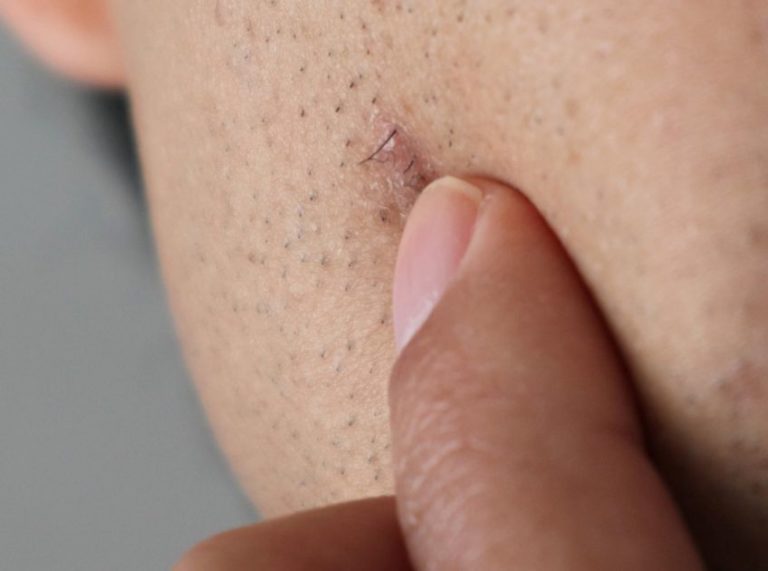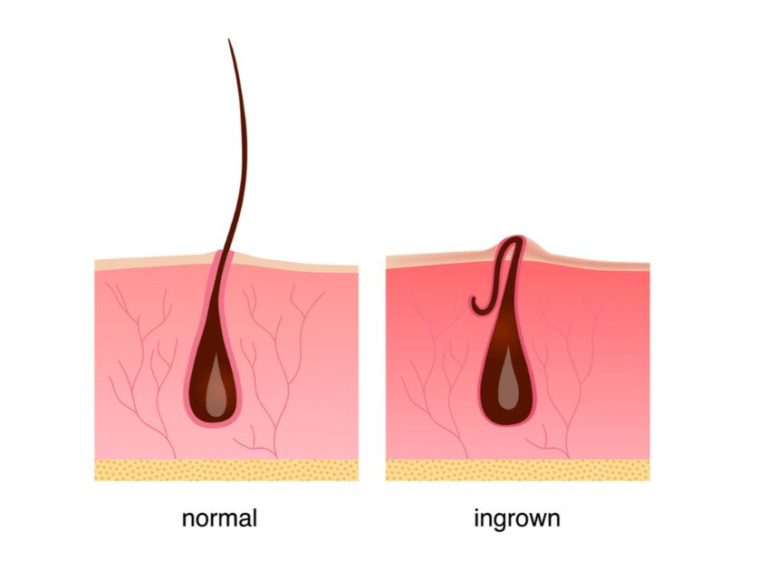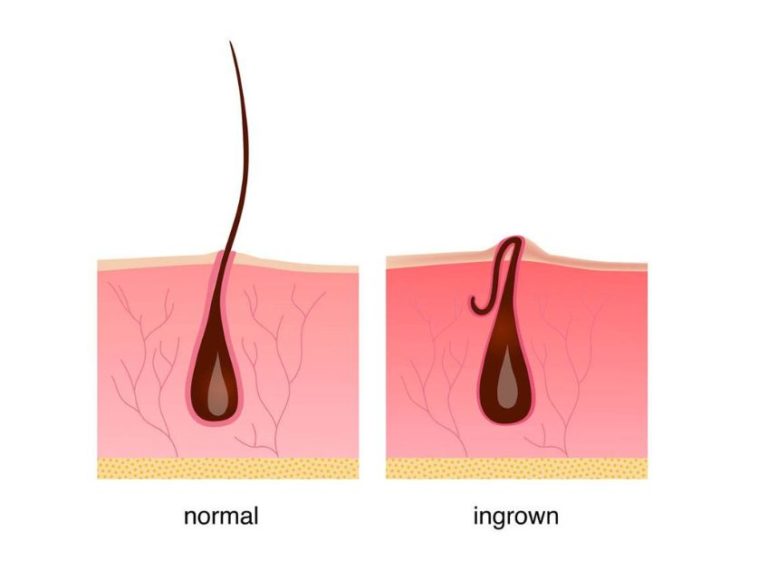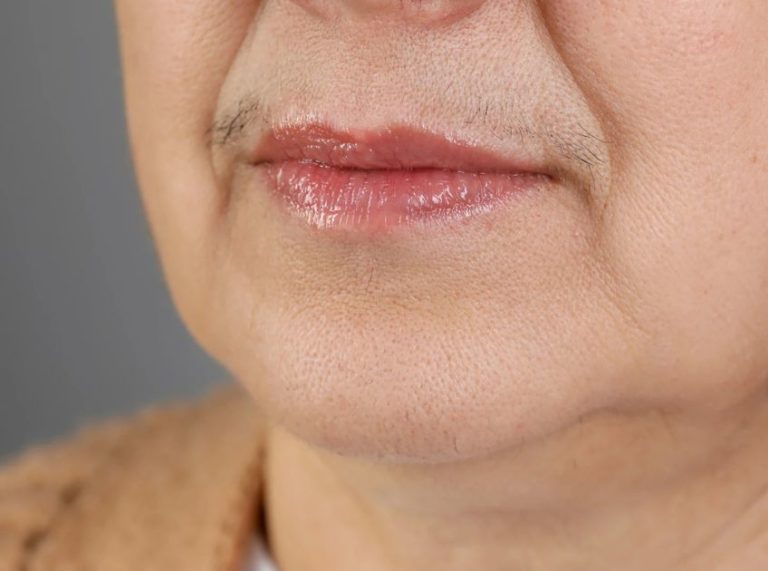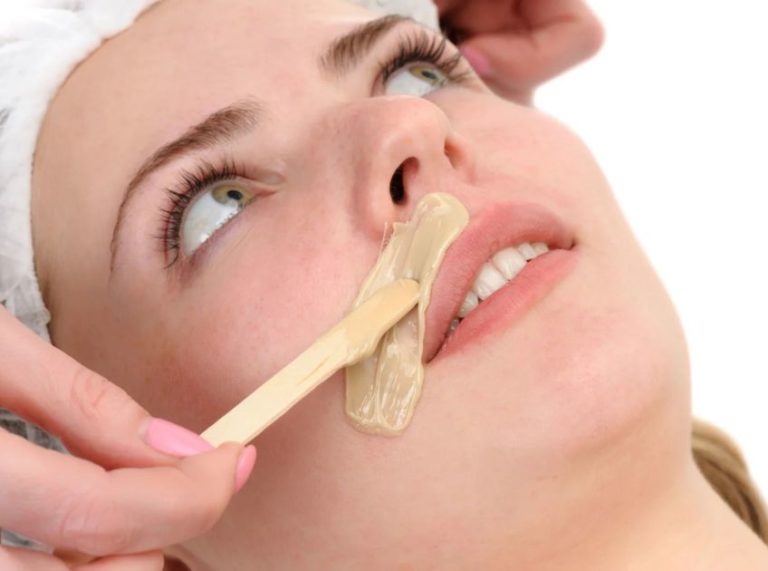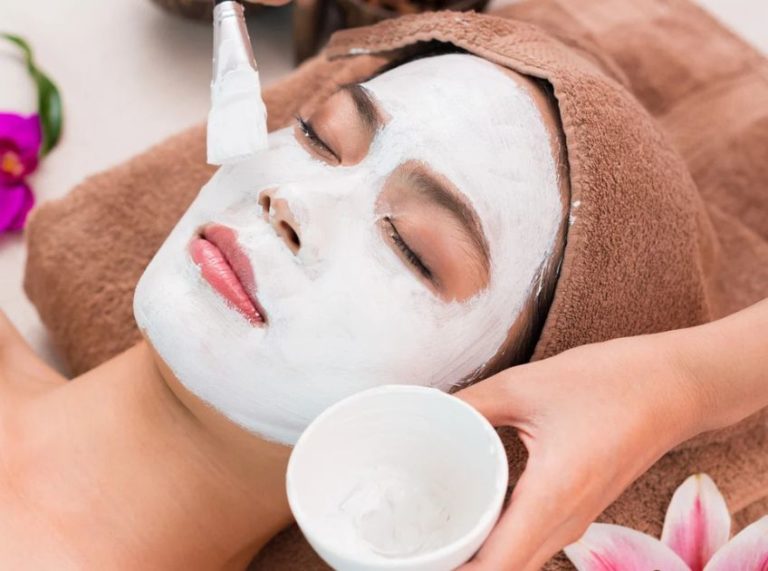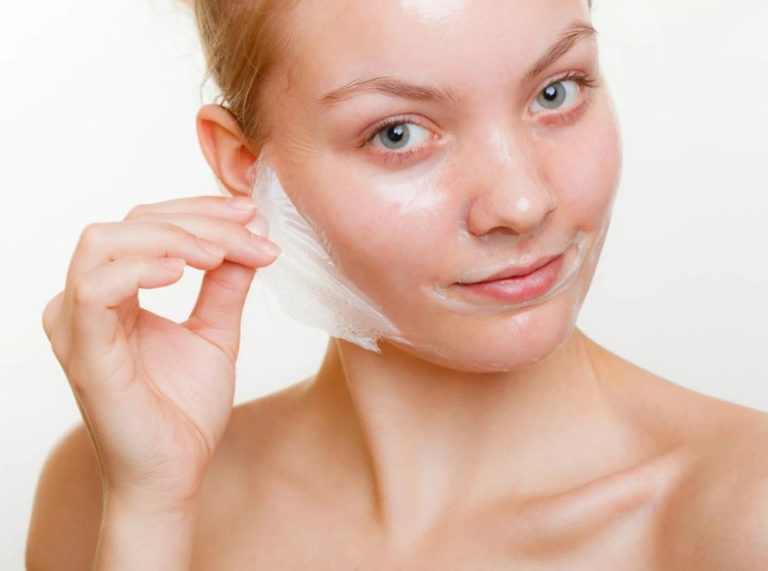
Important: This article is for informational purposes only. Please read our full disclaimer for more details.
Dry scalp, medically known as xerosis cutis, is a common condition characterized by dryness, itchiness, and flaking. It can result from environmental factors, hair care products, or underlying health issues. While commercial treatments are available, many prefer natural remedies for managing dry scalp due to their accessibility and minimal side effects. Here’s a detailed guide on natural solutions and expert-backed recommendations to combat dry scalp effectively.
Understanding Dry Scalp
What Is Dry Scalp?
Dry scalp occurs when the skin on your scalp lacks adequate moisture, leading to irritation, flaking, and a tight, uncomfortable sensation. It is different from dandruff, which involves excess oil production combined with skin shedding.
Common Causes:
- Environmental Factors: Cold, dry weather, or prolonged exposure to the sun can deplete scalp moisture.
- Hair Care Products: Shampoos containing harsh chemicals like sulfates or alcohols strip the scalp of its natural oils.
- Underlying Conditions: Medical issues like eczema, psoriasis, or fungal infections may contribute to dryness.(1)
Natural Remedies for Dry Scalp
1. Coconut Oil
Coconut oil is renowned for its deep moisturizing properties. It contains lauric acid, which penetrates the skin to provide hydration and reduce inflammation. Additionally, its antimicrobial properties can prevent scalp infections.
- How to Use: Warm a small amount of coconut oil and massage it directly into the scalp. Leave it on for at least 30 minutes before rinsing with a gentle shampoo.(2)
2. Aloe Vera
Aloe vera gel is a natural moisturizer that soothes irritated skin and provides hydration. It is also rich in enzymes that help repair dead skin cells on the scalp.
- How to Use: Apply fresh aloe vera gel directly to the scalp. Let it sit for 30 minutes, then rinse with lukewarm water.(3)
3. Tea Tree Oil
Tea tree oil is a natural antiseptic with antifungal and antibacterial properties. It can address fungal infections that may worsen dryness and flaking.
- How to Use: Dilute a few drops of tea tree oil with a carrier oil like coconut or olive oil. Apply to the scalp and leave it for 30 minutes before washing with a mild shampoo.(4)
4. Apple Cider Vinegar
Apple cider vinegar helps restore the scalp’s pH balance, alleviating itchiness and reducing flaking. Its antifungal properties can also address fungal infections.
- How to Use: Mix equal parts apple cider vinegar and water. Apply to the scalp, leave for 30 minutes, and rinse thoroughly.(5)
5. Baking Soda
Baking soda acts as a gentle exfoliant, helping remove dead skin cells and soothe irritation. However, use it sparingly to avoid over-drying.
- How to Use: Mix baking soda with water to form a paste. Apply to the scalp, leave for 10-15 minutes, and rinse well.(6)
6. Avocado
Avocado is rich in healthy fats, vitamins, and antioxidants that nourish and hydrate the scalp.
- How to Use: Mash a ripe avocado and mix it with honey or yogurt for added hydration. Apply as a mask for 30 minutes before rinsing.(7)
7. Yogurt
Plain yogurt contains probiotics and proteins that moisturize the scalp and alleviate dryness.
- How to Use: Apply plain yogurt to your scalp, leave it on for 20-30 minutes, and rinse thoroughly with lukewarm water.(8)
Tips for Preventing Dry Scalp
1. Use Gentle Hair Care Products
Shampoos free from sulfates, parabens, and alcohol help preserve natural oils on the scalp.(9)
2. Reduce Washing Frequency
Washing hair too frequently strips the scalp of essential oils, exacerbating dryness. Aim to wash 2-3 times a week.
3. Avoid Hot Water
Hot water can dry out the scalp. Use lukewarm water for washing instead.
4. Stay Hydrated
Drinking adequate water ensures overall skin health, including the scalp.
5. Maintain a Balanced Diet
Foods rich in omega-3 fatty acids (salmon, walnuts), vitamins A, D, E, and zinc promote scalp health.(10)
6. Use a Humidifier
Adding moisture to the air during dry seasons can prevent skin, including the scalp, from drying out.(11)
7. Limit Heat Styling
Excessive use of blow dryers, curling irons, and straighteners can dry out the scalp. Use heat-styling tools sparingly.
When to See a Dermatologist
If symptoms persist after two weeks of home remedies or are accompanied by significant hair loss, redness, or sores, consult a dermatologist. Underlying conditions like eczema, psoriasis, or seborrheic dermatitis may require medical treatment.(12)
Final Thoughts
Managing dry scalp naturally is possible with consistent care and the right remedies. Incorporating coconut oil, aloe vera, and tea tree oil into your routine, along with preventive measures like using gentle products and staying hydrated, can make a significant difference. However, if symptoms persist, don’t hesitate to seek expert guidance.
By adopting these practices, you can restore your scalp’s health and enjoy flake-free, itch-free days.
Related Articles
- 16 Effective Home Remedies for Hair Growth and Thickness
- The Ultimate Hair Growth Smoothie Guide Celebrities Don’t Want You to Know 🔥
- 10 Best Shampoos for Hair Breakage in Women: Top Solutions for Stronger, Healthier Hair
- How to Use Tea Tree Oil for Scalp?
- 7 Best Moisturizers For Scalp
- What is a Scalp Care Routine? Essential Steps for Healthy Hair
- How to Balance Scalp pH Naturally for Healthy Hair and Scalp
- How to Detox Your Scalp for Healthy Hair at Home?
- How Often You Should Oil Your Scalp?
- Why Does My Scalp Hurt When My Hair Is Dirty ?
- Can Conditioner Cause an Itchy Scalp? How to Fix It
- Why Is My Scalp Lighter Than My Skin?
- Kerotin Scalp Massager Review
- The 5 Simple DIY Scalp Scrub Recipes for Healthy Hair & Scalp
- Is Olive Oil Good for Your Scalp?
- 7 Best Shampoos For Oily Scalp And Dry Ends
- Nioxin Step 2 Shampoo: Boosting Hair Volume for Noticeably Thicker Locks

